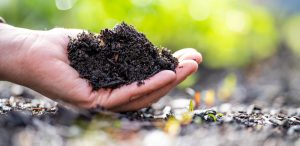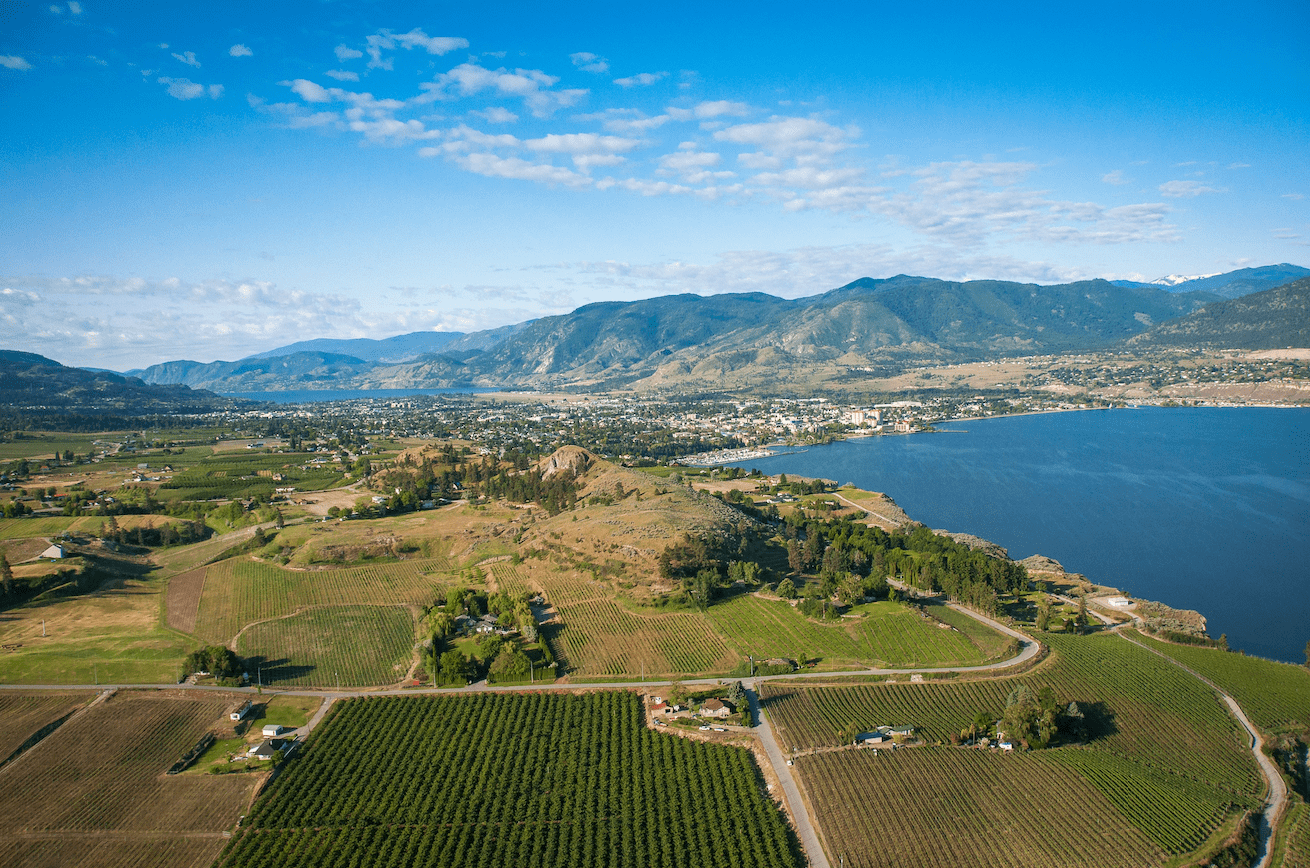
This research project is using genomics to test for the presence of select invertebrates and soil microbes that may act as early indicators of ecological recovery. (CNW Group/Genome British Columbia)
PRINCE GEORGE/KAMLOOPS – A reclamation project underway at Mount Milligan Mine north of Prince George is testing a new way to evaluate ecological recovery.
To assess the effectiveness of reclamation, the research team from Thompson Rivers University based in Kamloops and Chu Cho Environmental, owned by Tsay Keh Dene Nation, is comparing soil samples from the Mine to those from three types of reference sites: a regenerating commercial forestry-disturbed area, a regenerating wildfire-disturbed area and an unvegetated bare ground control area.
If successful, this technique can be used to quickly identify sites where reclamation activities are not meeting the goals, allowing for timely adjustments to improve reclamation outcomes.
The use of genomics to examine soil health is an extension of ongoing work by TRU, Chu Cho Environmental and the Mount Milligan Mine, funded by Genome BC, and uses genomics to scan for signs of biodiversity recovery in reclaimed soils. Mining companies in BC are required by law to reclaim lands impacted by mining.

TRU research team members Breanne McAmmond and Xuqianqian Cao process samples. (CNW Group/Genome British Columbia)
“This project is exploring whether these new monitoring methods will more quickly signal if reclamation activities are working,” says Suzanne Gill, Genome BC’s President and Chief Executive Officer. “The key to this project is the use of genomics to test for the presence of invertebrates, such as insects and spiders, and to test for the presence and diversity of fungi and microbes in the soil.”
TRU Researcher Dr. Jonathan Van Hamme adds: “It is well known that the activities of microbial communities drive soil development and that invertebrate communities are highly responsive to changes in their environments. So, we are examining whether their presence on the reclamation site and in the soil can be used as early indicators of ecological recovery.”
The Mount Milligan Mine is focused on revegetating the site using native species gathered by local seed collection. Through a collaboration with the McLeod Lake Indian Band and Nak’azdli Whut’en, the Mine is incorporating Traditional Ecological Knowledge in setting land use objectives and reclamation planning. Native plant species are being reintroduced to the site through large-scale collection, propagation and planting.
“We need to continue to improve how we do land reclamation,” says Kristen Marini, Ecologist from Chu Cho Environmental. “Indigenous engagement is important to making sure the reclaimed area will support native plants, animals and traditional land use activities once the area is finished being an active mine.”
Genome BC is a not-for-profit organization that has advanced genomics research and innovation for nearly 25 years. Chu Cho Environmental is a for-profit social enterprise wholly owned by Tsay Keh Dene Nation. Centerra Gold Inc. is a Canadian-based gold mining company that operates two mines, including the Mount Milligan Mine.
Business Examiner Staff
.

